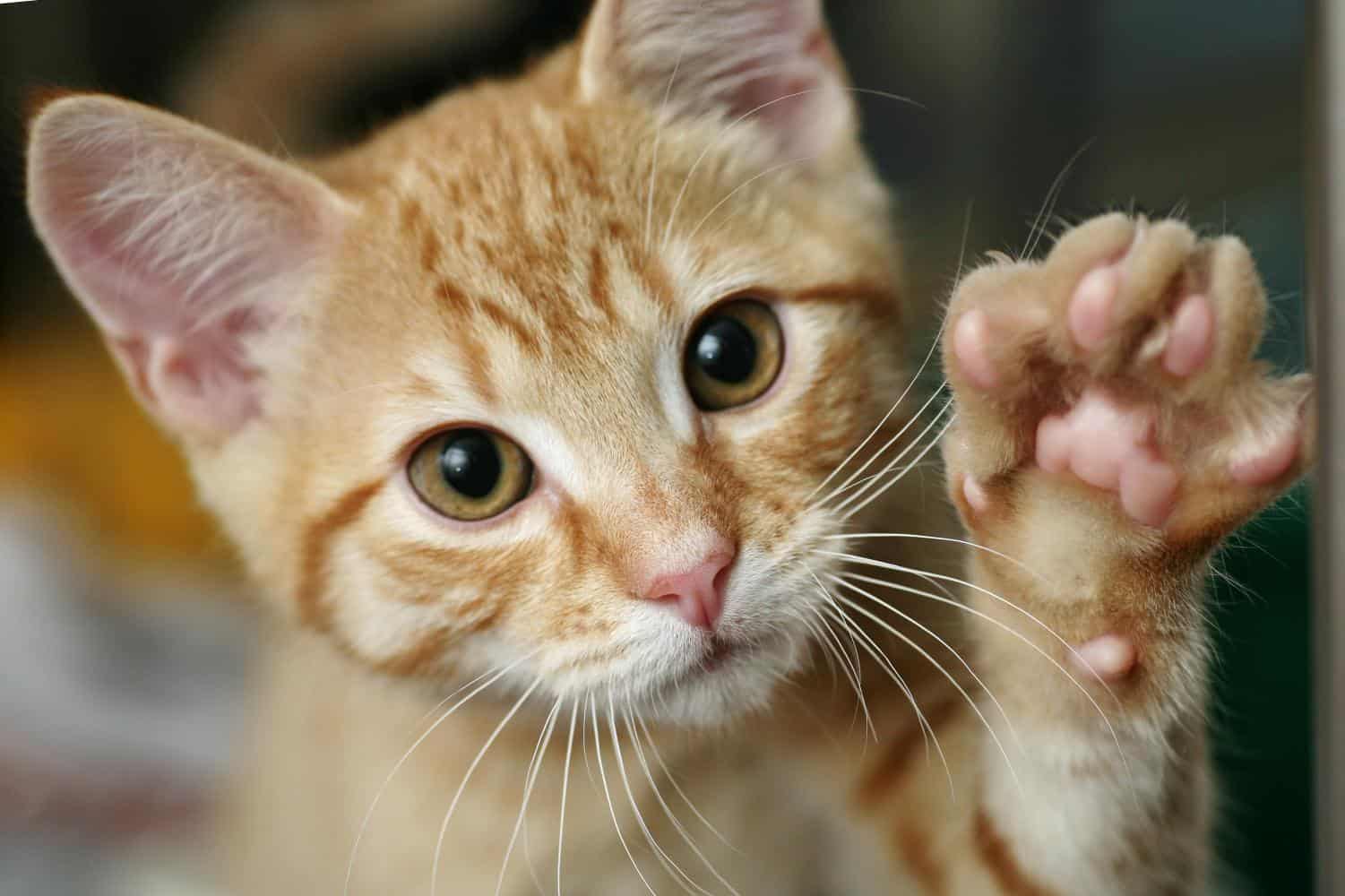Heartworm Disease in Cats

You may be familiar with heartworm disease in dogs, but did you know that our kitty companions can also contract this devastating disease? Join Sacramento Cat Hospital as we dive into heartworm disease in cats and what you can do to prevent it.
Heartworm Disease in Cats
Heartworms are a parasite that are really just what they sound like—a worm that makes its home in the heart of its host. The organism Dirofilaria immitis can cause severe lung disease and heart failure in the infected animal.
Heartworms are transmitted through the mosquito. The mosquito feeds on an infected animal like a dog or coyote, then carries the juvenile worms (microfilaria) in its digestive system. When it bites its next host, disease transmission can occur.
Dogs are the natural and most common host for heartworms, but it affects cats as well. Even indoor cats are not safe from this problem. Studies have shown that indoor only felines are just as likely to be infected with heartworms as their outdoor counterparts.
Because cats are not the natural host for heartworms, though, they are affected a little bit differently.
- Cats often have only one or two heartworms at a time, which makes them difficult to detect
- Up to 20% of cats have no symptoms of heart or lung issues aside from sudden death
- Cats are more likely to experience reactive airway disease (asthma-like symptoms) than dogs related to their parasite
- There is currently no cure for heartworm disease in cats
Protecting Your Purr-fect Family
Since heartworm disease in cats can be so difficult to detect and impossible to treat, the stakes are high. There are definitely effective ways to protect your feline family, though, including:
- Use preventives: Nearly every cat should be on a monthly prevention product, whether they go outdoors or not. There are many safe, effective options that combine heartworm, flea, and tick prevention. Consistency is key. Ask us if you have questions.
- Control mosquitos: Do your best to limit mosquito exposure. Use mosquito-proof screens and nets, and eliminate standing water or other mosquito hiding places near your home. If your cat goes outdoors, a feline-safe mosquito repellant can be helpful.
- Visit us: Routine screening testing for cats as part of their wellness care is important. It is also key to let us know right away if your cat is having any respiratory symptoms or not doing well.
Heartworm disease in cats is not really anyone’s idea of a good time, but we are very encouraged by the good prevention options that exist. By being proactive you can avoid dealing with this nasty parasite altogether.
